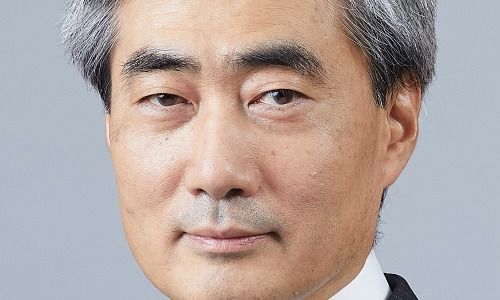BIS Chief Economist: «No Security With Cryptocurrencies»
You can’t be sure if you will in future be able to buy something with your expensively acquired cryptocurrency. Contrary to what people believe, the production of cryptocurrencies is in the hands of very few and not the many.
Miners can quite easily come to an agreement and pull forward, not process or even cancel certain transactions. If you have a ten-franc note, you can assume that you will get something in the shops for this traditional money.
«Central banks engender trust»
You have central banks behind traditional currencies, that are part of a political system and are under public control. This engenders trust. Without the trust of citizens in the purchasing power of currencies, they are worthless.
In the past, countries have ruined their currencies through mistaken policies…
True. And I don’t want to suggest that every traditional currency is totally stable and safe. However, I want to point out that the alleged advantages of cryptocurrencies are being exaggerated in public. Cryptocurrencies for sure aren’t a panacea.
Criminals love cryptocurrencies. What do you suggest should regulators do to contain or even prevent this abuse?
A complete ban would be the wrong way. Cryptocurrencies would descend into the shadow world where they would be even harder to control. The same rules should apply for cryptocurrencies as for other asset classes.
Are cryptocurrencies a danger for the stability of the financial system?
The volumes of cryptocurrencies are very small compared with other currencies. This puts their importance in perspective.
- The interview was conducted by Bernd Kramer, a business editor at «Badische Zeitung» in Freiburg, Germany.
Hyun Song Shin, 59, a South Korean citizen, for the past four years has been chief economist of the Bank for International Settlements (BIS) in Basel. He studied philosophy, politics and economics at University of Oxford. He was a lecturer at the London School of Economics from 2000 through 2005 before moving on to Princeton. In 2010, Hyun Song Shin advised the South Korean president and influenced the financial stability policies in the Asian country.
- << Back
- Page 2 of 2




















